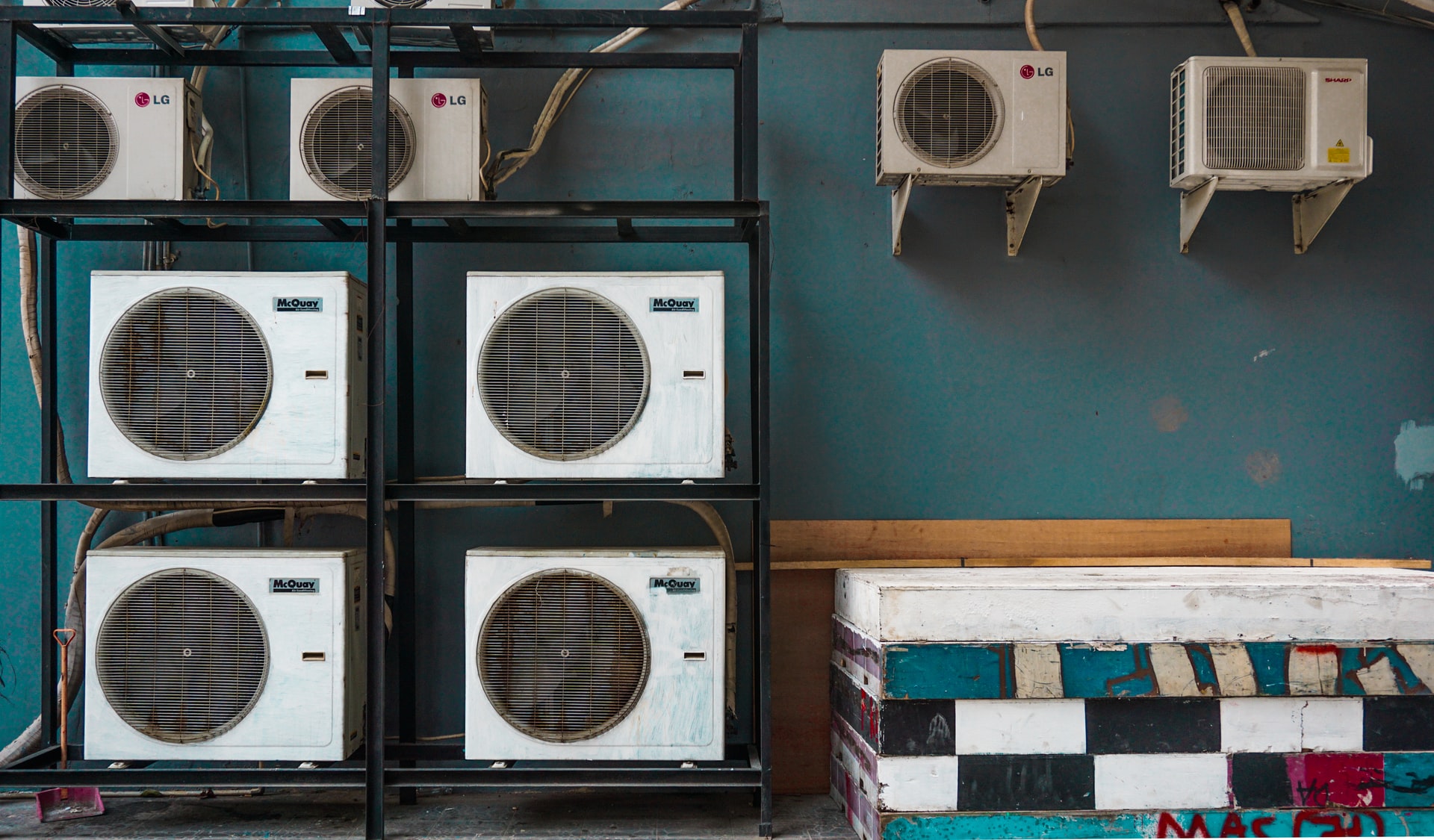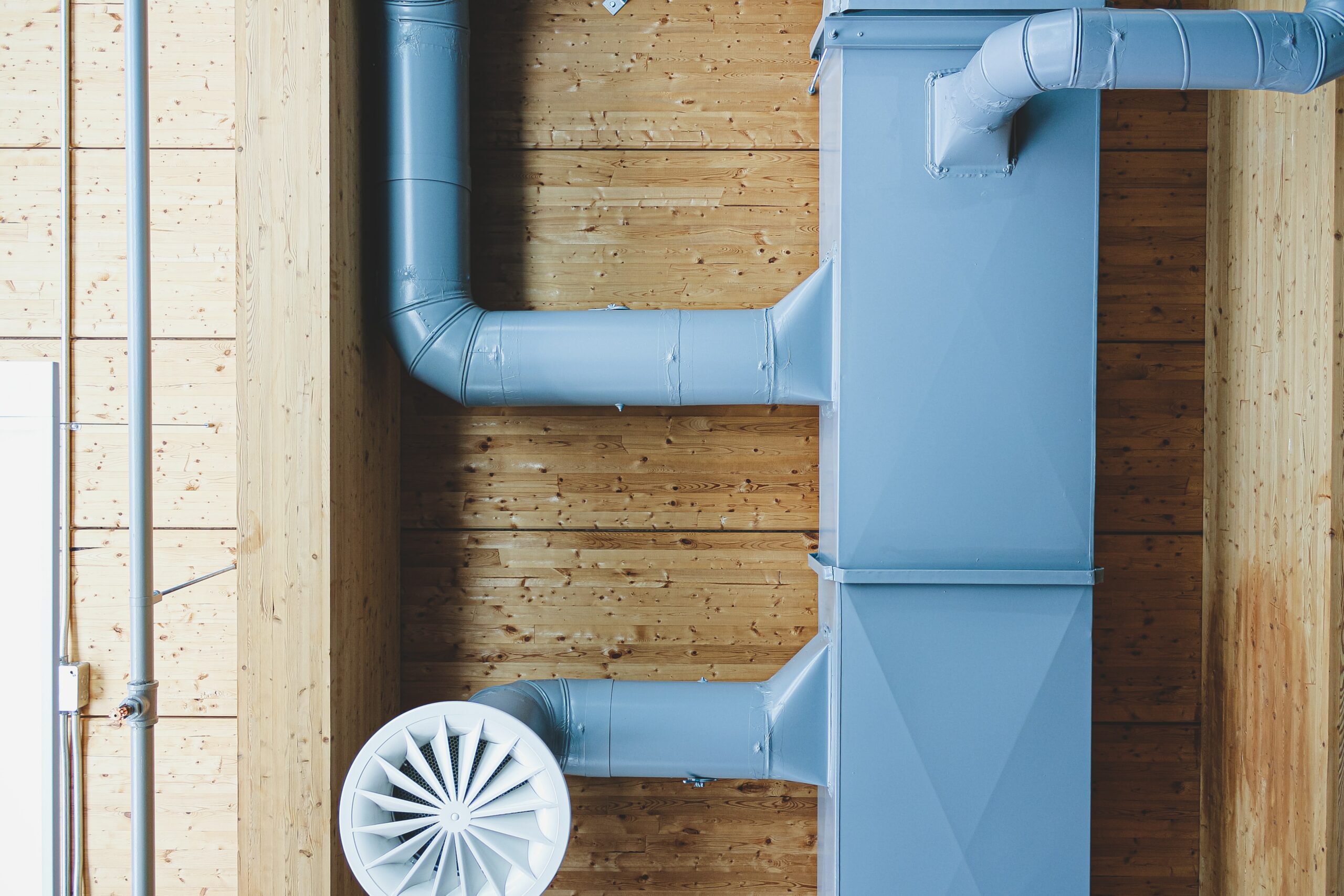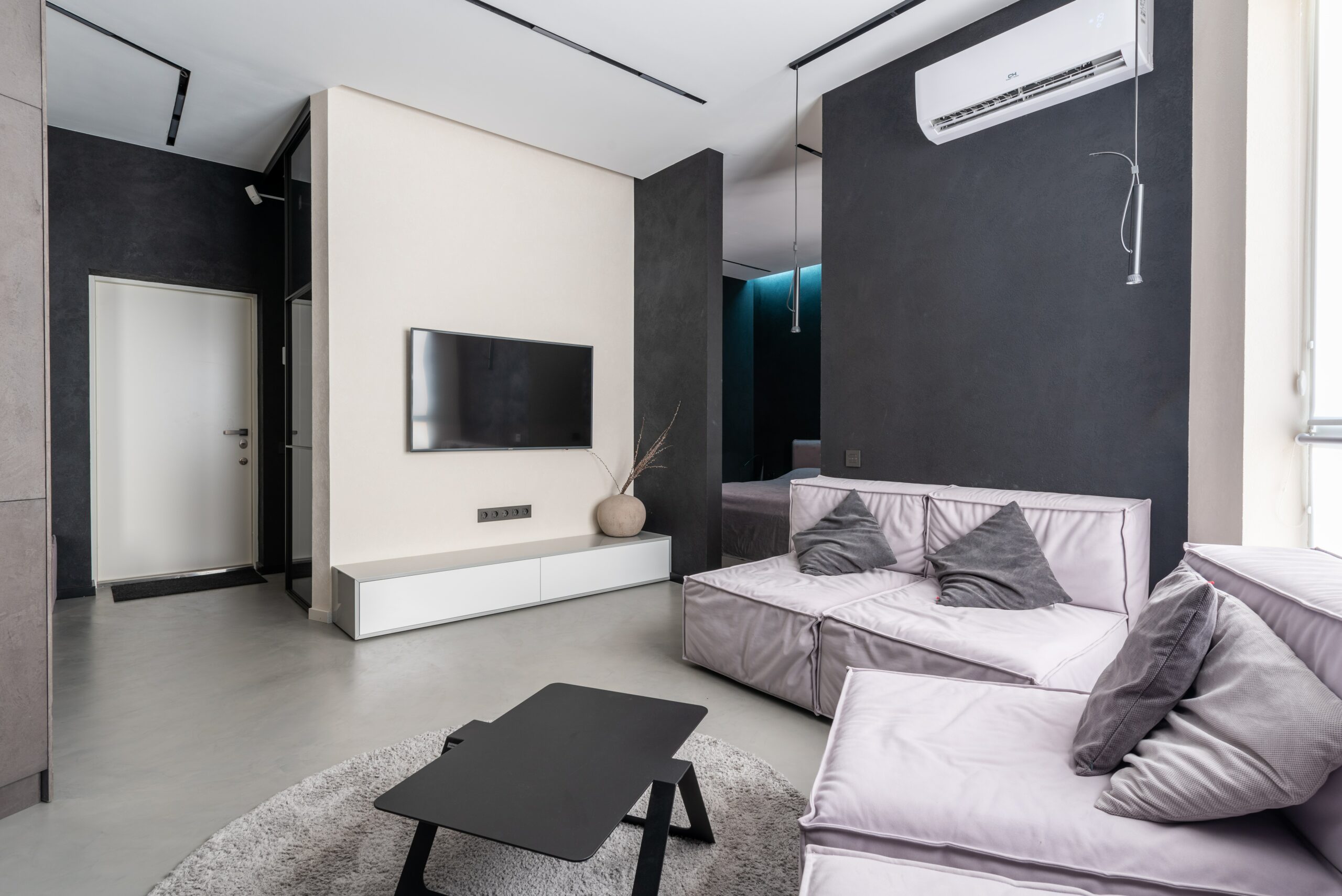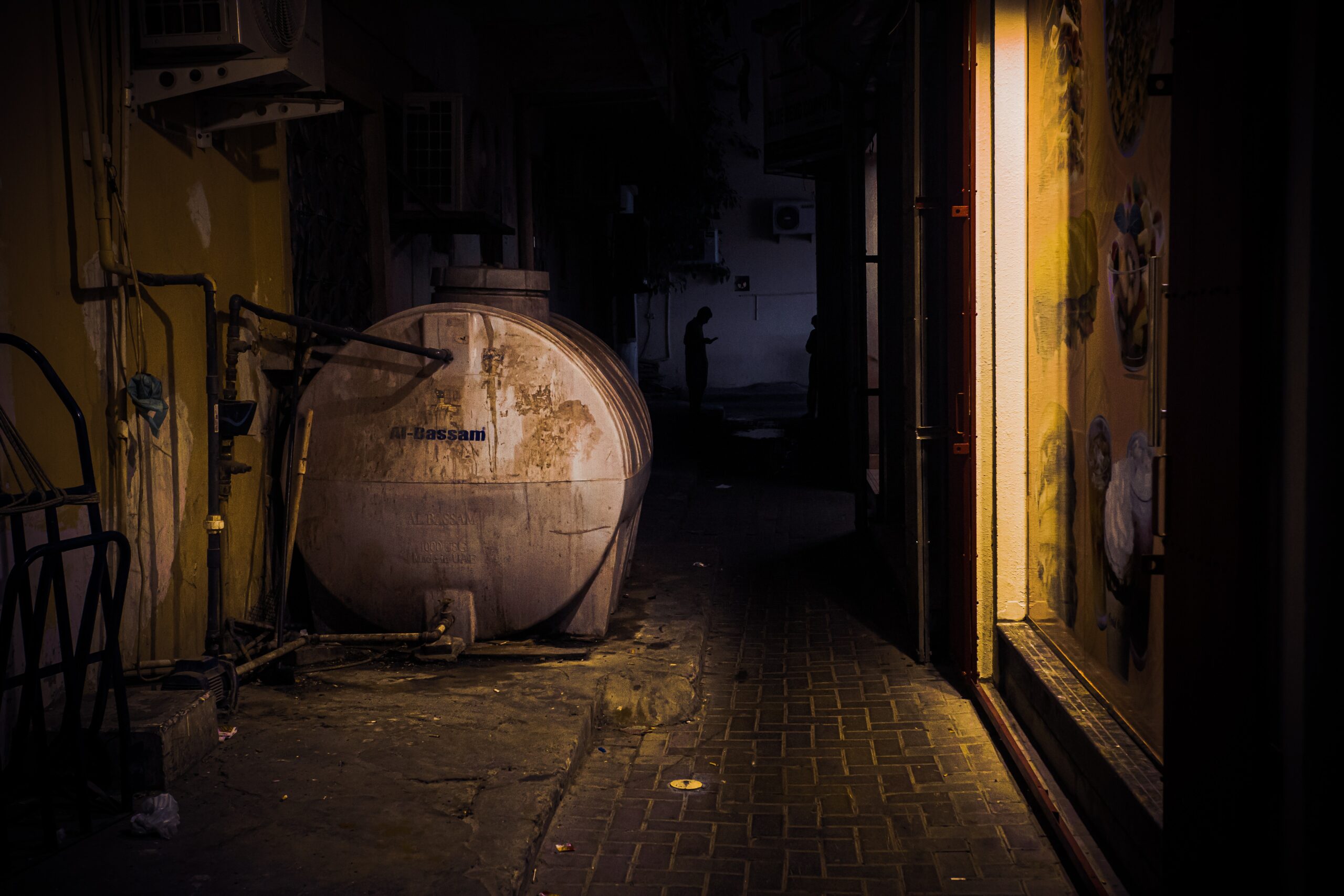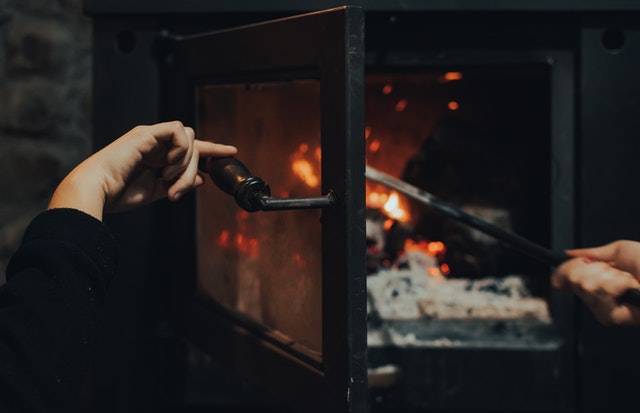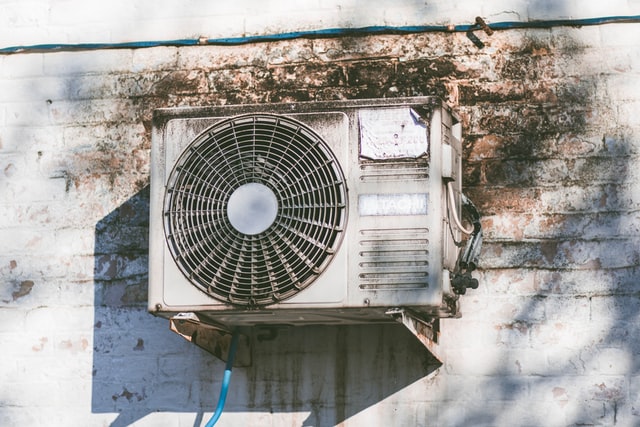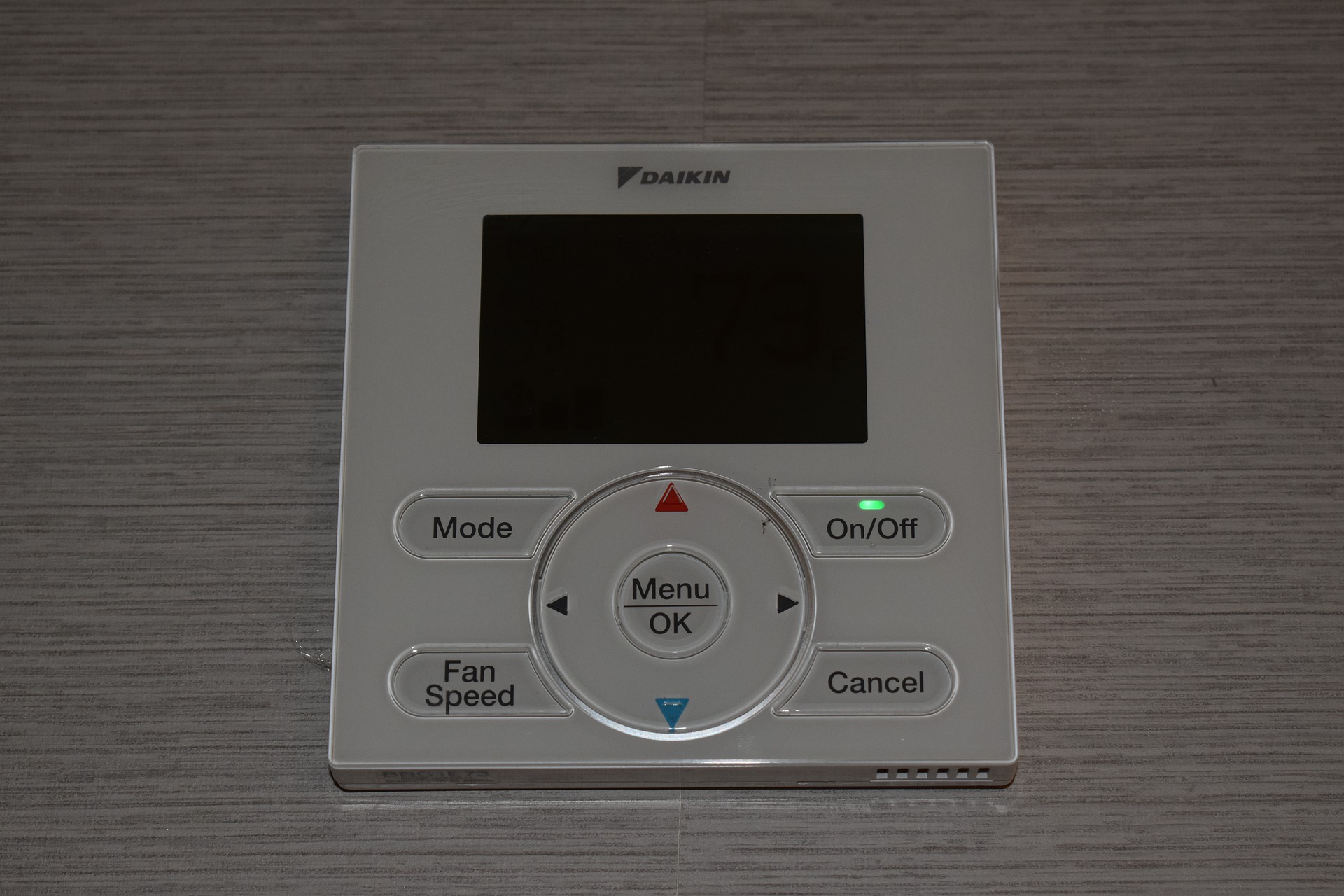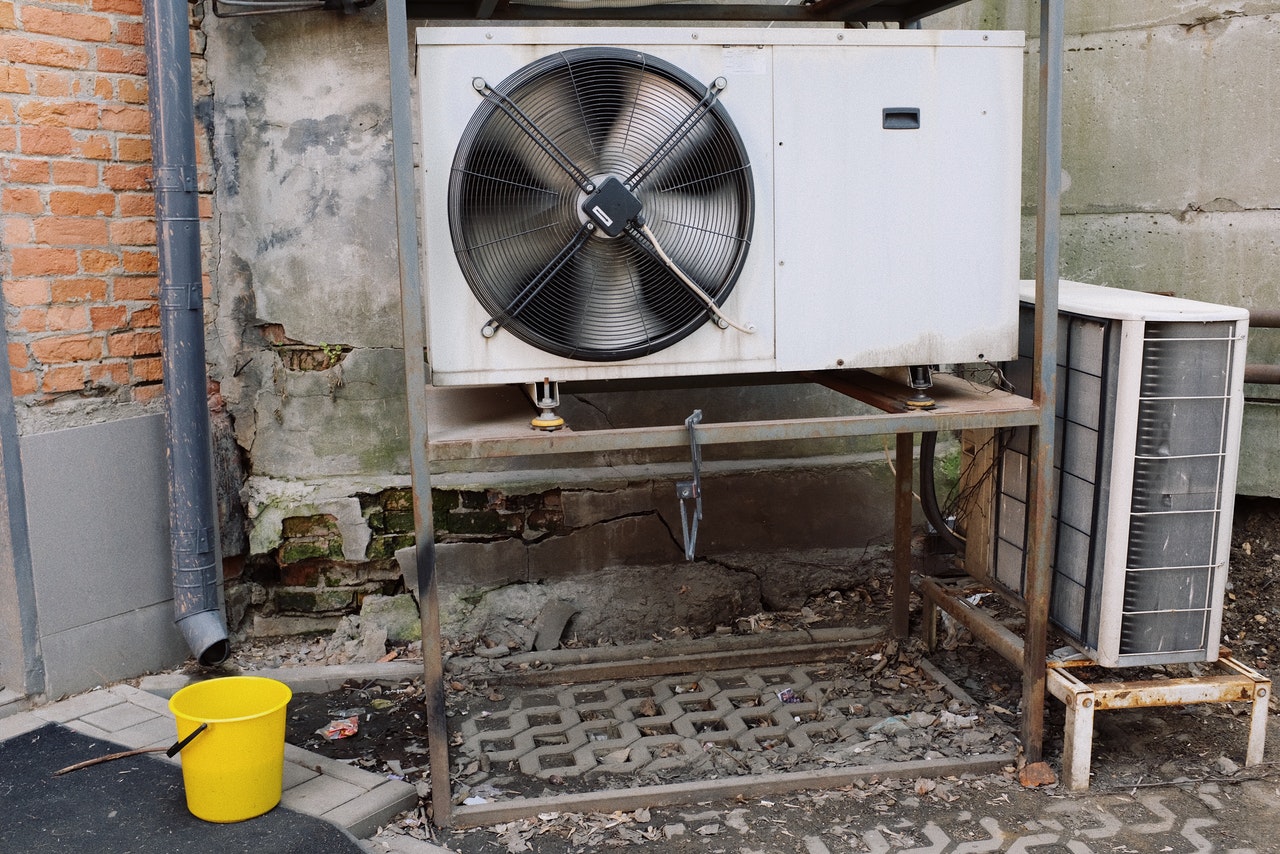
During the hotter summer months, your air conditioning system may account for a considerable percentage of your entire yearly home energy expenditures. Most homes’ heating and air conditioning systems are the largest sources of consumption. If you are like the majority of households, you are undoubtedly looking for ways to increase the efficiency of your air conditioner while also lowering your expenses. Improving the efficiency of your unit may help you save money while also extending its life.
Here are some ways to make your air conditioner more efficient:
1. Clean the Area around the Condenser Unit from the Outside
Cleaning and clearing away any dirt from your outdoor unit will ensure that it performs at its highest level of efficiency and effectiveness. On the other hand, cleaning the condenser may be difficult, so be sure you understand what you’re doing and how to do it before you begin.
Consider leaving the more detailed cleaning and other AC services to the professionals. They can guarantee that the correct procedures are followed to avoid any kind of lasting harm that could leave you with hefty repair bills in the future.
2. Vents Should Be Unblocked and Vacuumed
The ability to maintain your air conditioner’s vents clear of obstructions is one of the most effective methods to increase its performance. Take some time to go around your home and look into the vents to see what you can find.
Take a little time to clean out any debris that has accumulated in your interior air supply vents. That is very necessary if you want to ensure that the airflow through your system remains constant. Even if you clean and sweep your home regularly, your vents may still be obstructed by blinds, carpets, toys, or other pieces of furniture. Check to ensure that each of the vents is free of obstructions. Even if you have to change the furniture in a space, this is critical.
3. Close All of the Doors and Windows in the House
The conditioned air in your house can escape to the outside if you leave the doors and windows of your home open. That has the potential to result in significant inefficiencies.
If you want to air out the room, ensure that your air conditioning equipment is turned off. Keep in mind that it is not your responsibility to chill the whole street.
4. Ensure That Your Windows Are Covered
Lower your curtains or shut your blinds to keep the heat of the day out of your room. When you are attempting to increase the efficiency of your system, this is very advantageous.
It is possible to decrease the overall heat that enters your house by covering your windows with drapes. Consequently, your system will not be forced to work as hard as it otherwise would. When you leave for work in the morning, it’s a good idea to shut your blinds and drapes to keep the heat out.
5. Replace the Air Conditioning Filter
When your air conditioning system reaches maximum airflow, it implies that it will run at maximum efficiency rates and vice versa. A clogged filter, on the other hand, may have a considerable effect on this.
A dirty filter may not only decrease the quality of air in your house, but it may also limit the flow of air, making the work of your air conditioner that much more challenging to complete.
Performing regular upkeep on your filters is a simple and reasonably priced method of preventing air conditioner efficiency issues. Without handling this issue, you may find yourself needing to spend a lot of money on costly repairs.
6. Increase the Temperature of Your Home on Your Thermostat
Consider raising the temperature of your home by a few degrees. A change in temperature of five to eight degrees, up in the summer and down in the winter season can help you save both resources and costs in the majority of cases. You can also invest in a programmable thermostat, and your smart device will be able to adjust the temperature on its own. Many systems even allow you to make these modifications from any location—even while you’re still traveling home!
Final Thoughts
If you are ready to increase the efficiency of your air conditioner, be sure to put the suggestions and advice you have read here into action. You will save money while also prolonging the life of your unit if you follow these instructions.
Mainline Heating and Air is the company you want for everything AC-related. Whether you need an entirely new AC unit or just want to check on your heating and air conditioning system, you can rely on us to do the job! Call us today to learn more.


